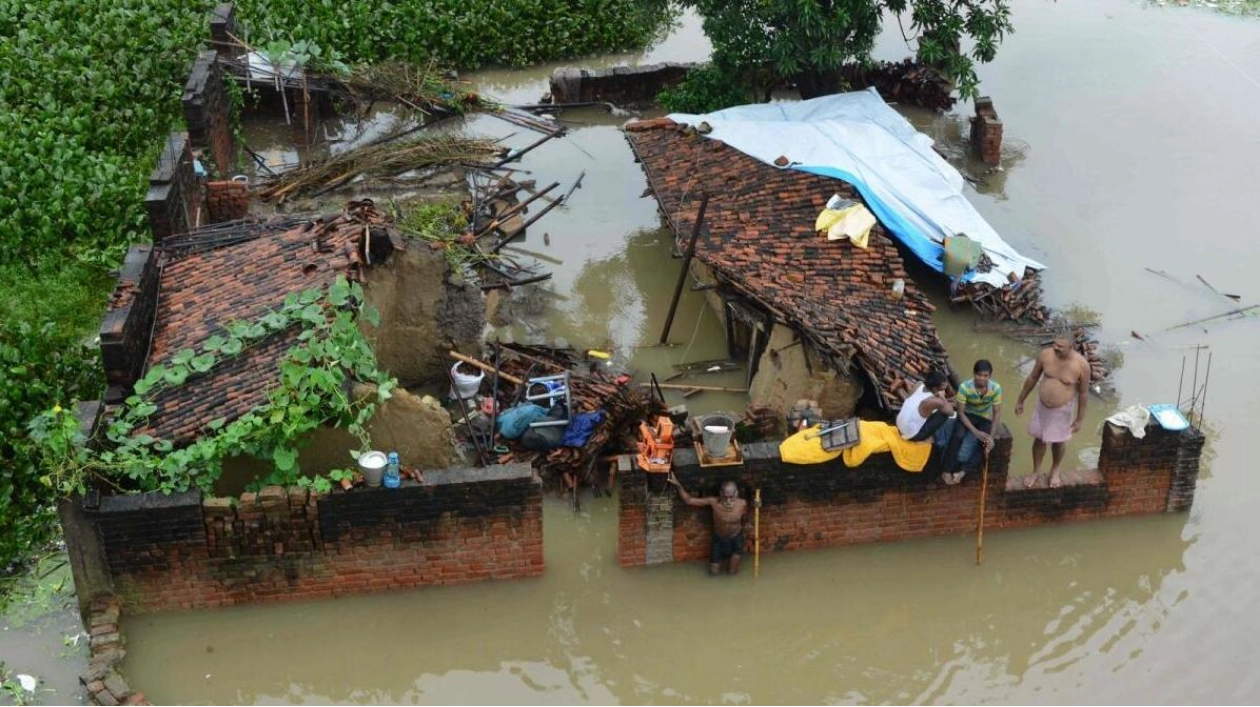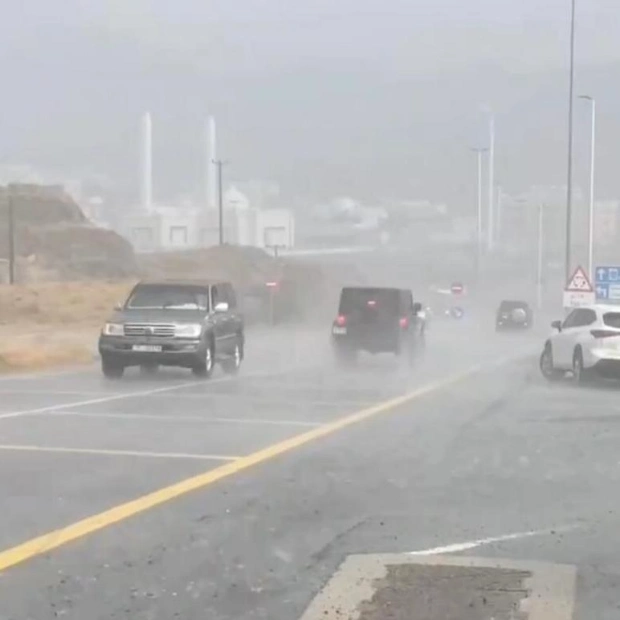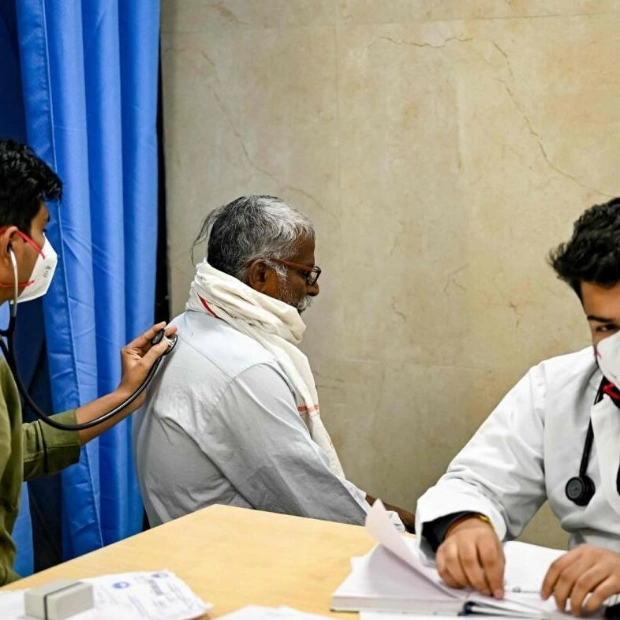At least 46 individuals, including 37 children, have tragically drowned during a Hindu festival celebration in eastern India, a local government official informed AFP on Thursday. The victims met their fate in separate incidents in Bihar state while performing ritualistic bathing in rivers and ponds that had swelled due to recent flooding, according to an official from the Bihar Disaster Management Department.
"People disregarded the hazardous water levels in rivers and ponds while bathing to honor this festival," said the official, who chose to remain anonymous as he was not authorized to speak to the media. The drownings took place from Tuesday across 15 districts of Bihar state as devotees observed the Jitiya Parv Hindu festival, a celebration primarily for mothers to pray for their children's well-being.
Authorities are still in the process of recovering three additional bodies, the official added. Jitiya Parv spans several days and is also celebrated in neighboring Uttar Pradesh and Jharkhand states, as well as in parts of Nepal's southern plains. The Bihar state government has declared compensation for each of the victims' families, according to the government official.
Last year, local media reported 22 people drowned within a 24-hour period in Bihar, most while commemorating the same festival. Fatal incidents are not uncommon at places of worship during major religious festivals in India, which attract millions of devotees to holy sites. In July, at least 116 people were crushed to death at an overcrowded Hindu religious gathering in Uttar Pradesh state, marking the worst such tragedy in over a decade.
India experiences torrential rains and flash floods annually during the June-September monsoon season. While the monsoon is crucial for agriculture and the livelihoods of millions of farmers, it also causes widespread destruction in the form of landslides and floods that claim hundreds of lives across South Asia each year. In July, more than 200 people were killed in the southern Indian state of Kerala when torrential monsoon rains triggered landslides that buried tea plantations under tons of rock and soil.
Experts attribute the rise in extreme weather events worldwide to climate change, with damming, deforestation, and development projects in India exacerbating the human toll. A 2021 study by the Potsdam Institute for Climate Impact Research tracking monsoon shifts from the mid-20th century suggested that the monsoon is becoming stronger and more erratic.






